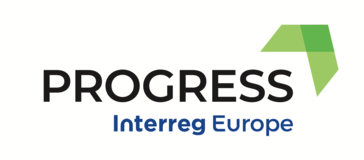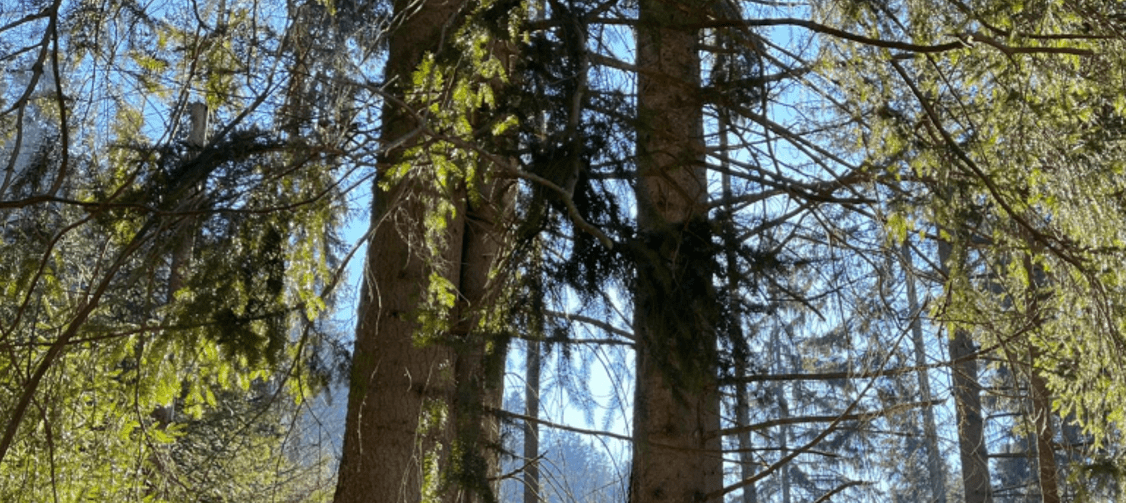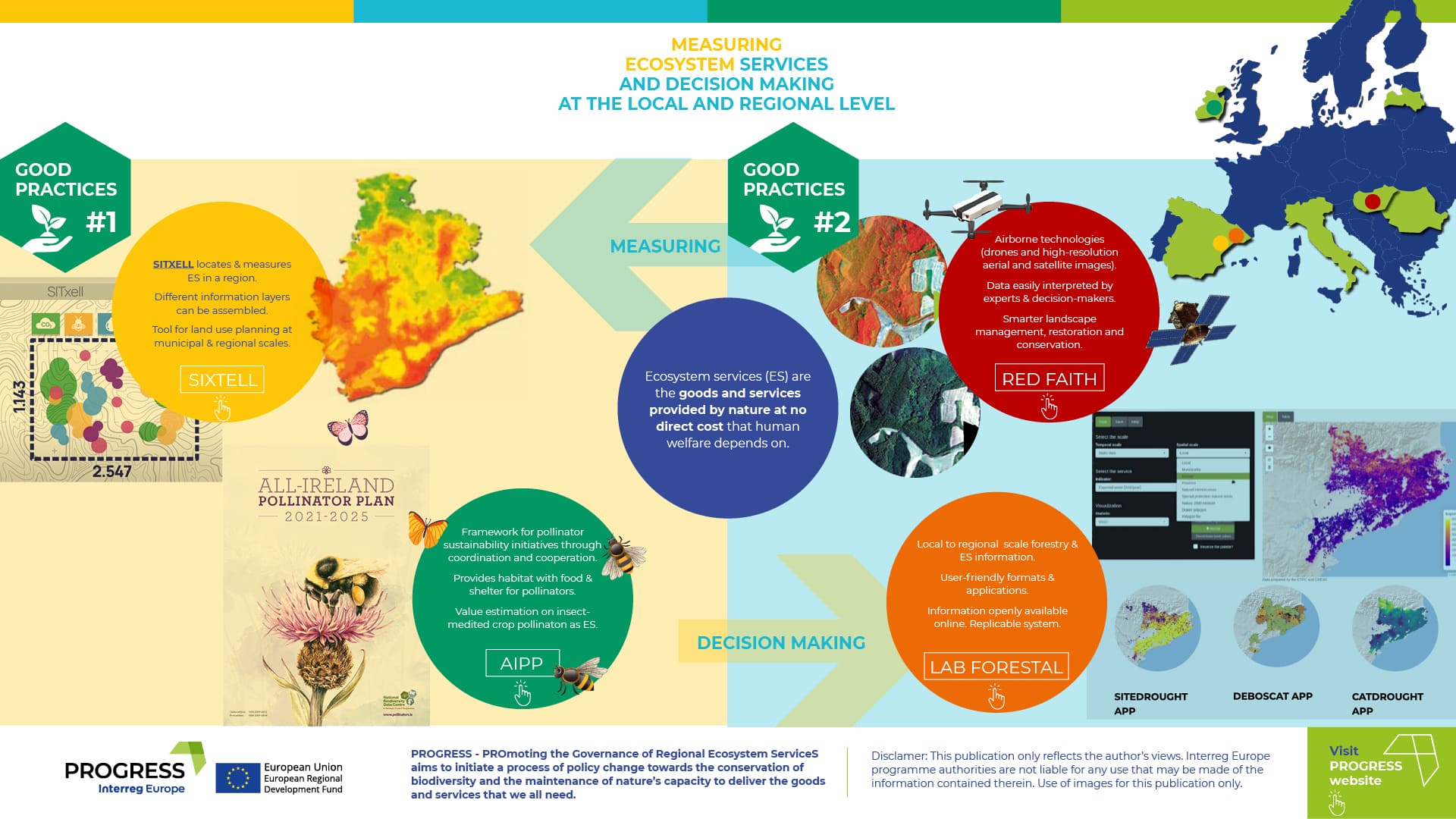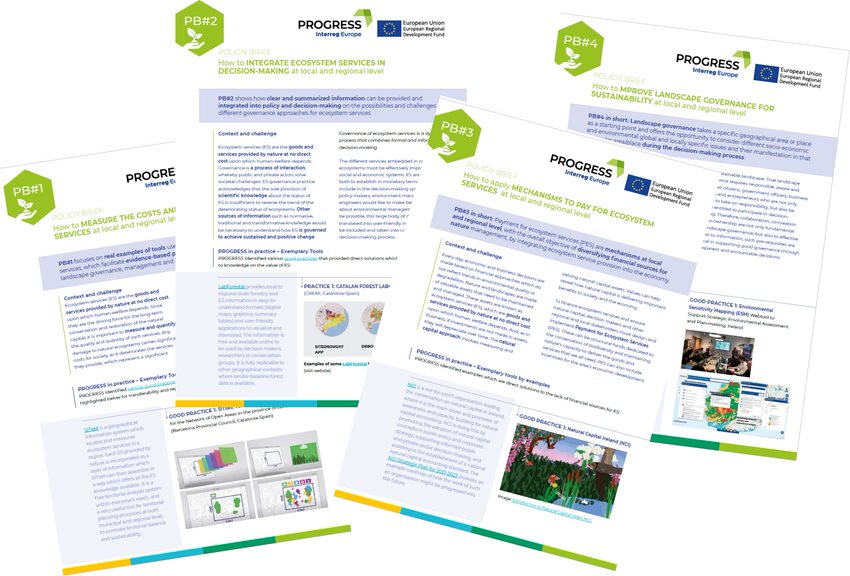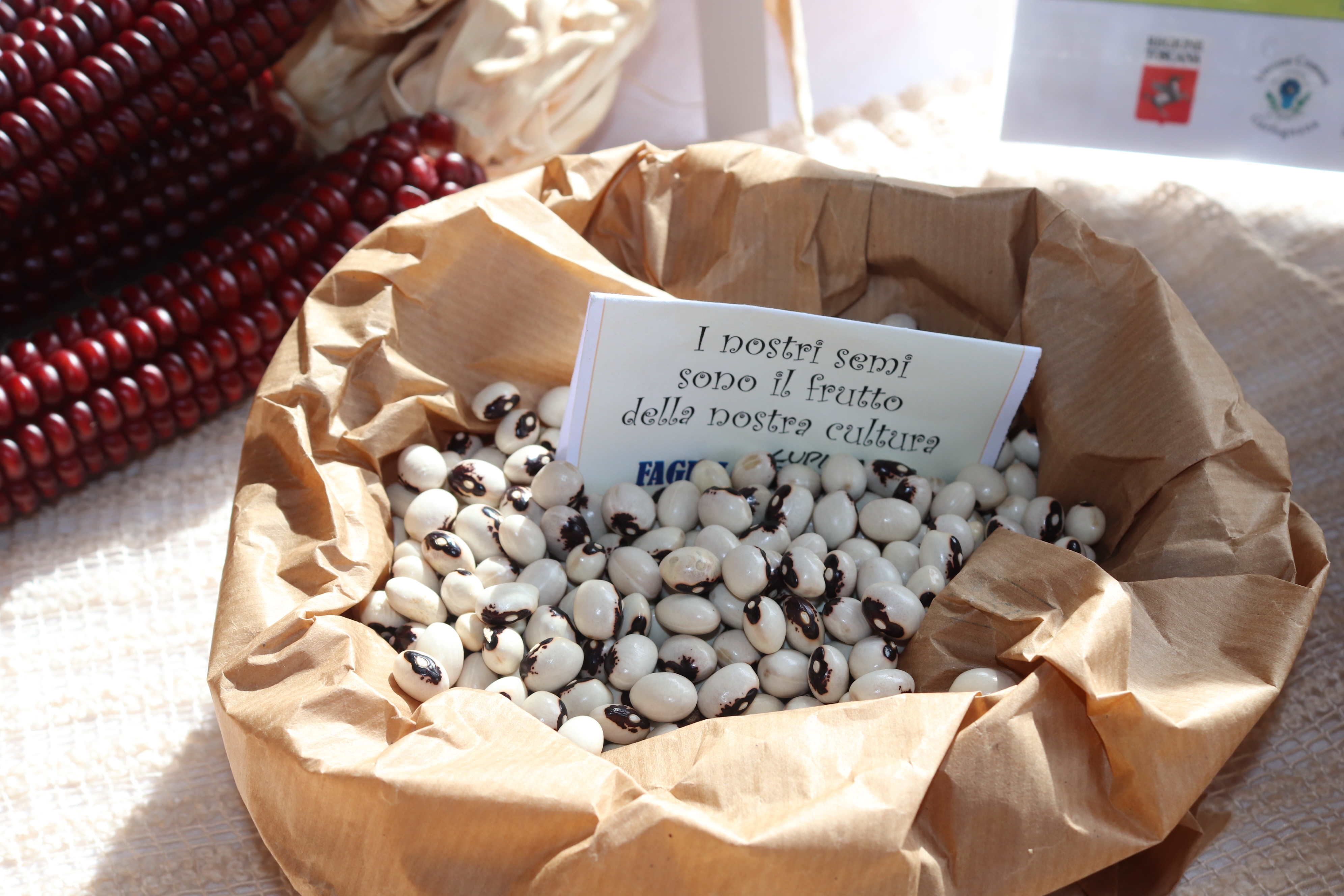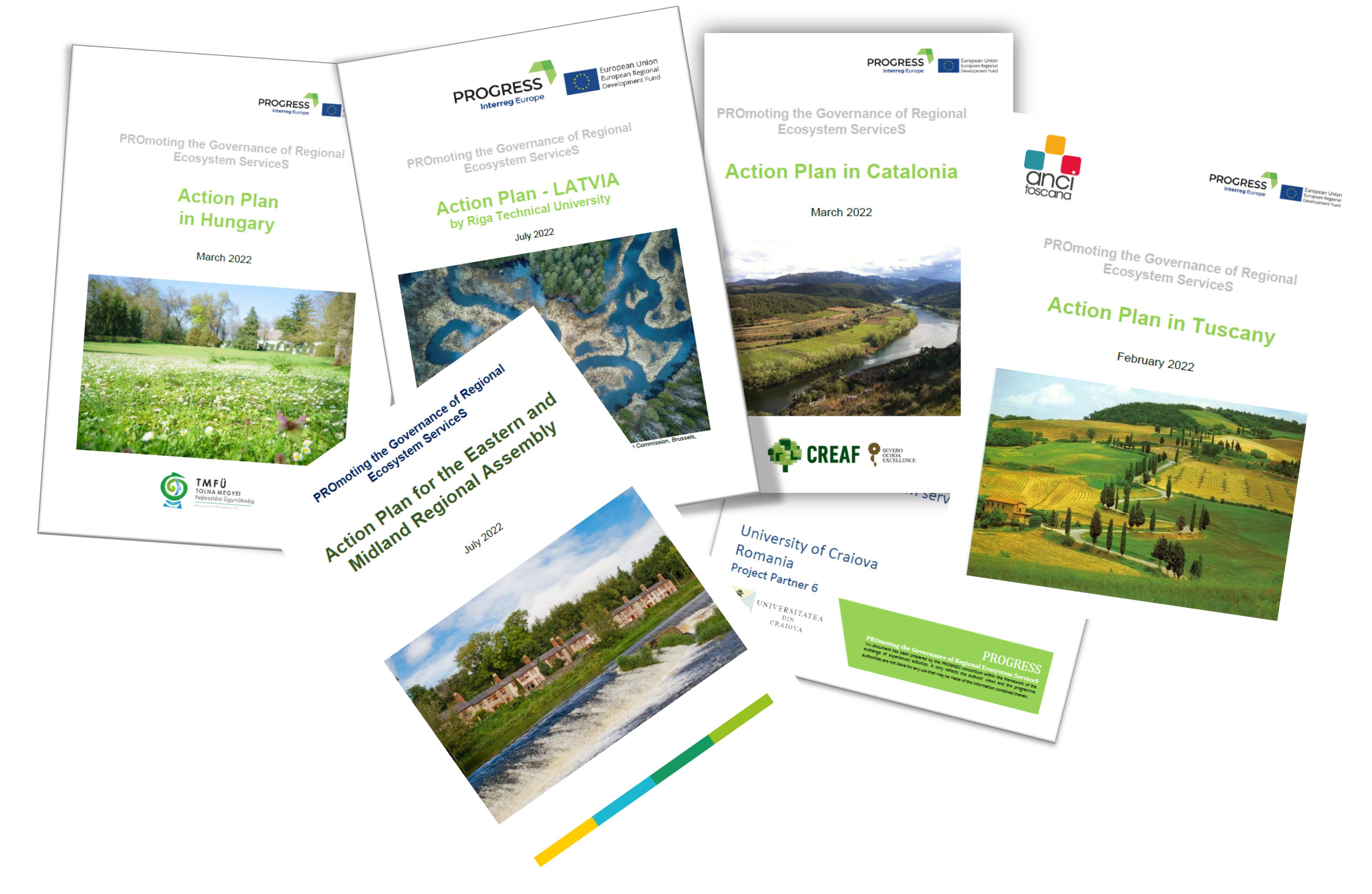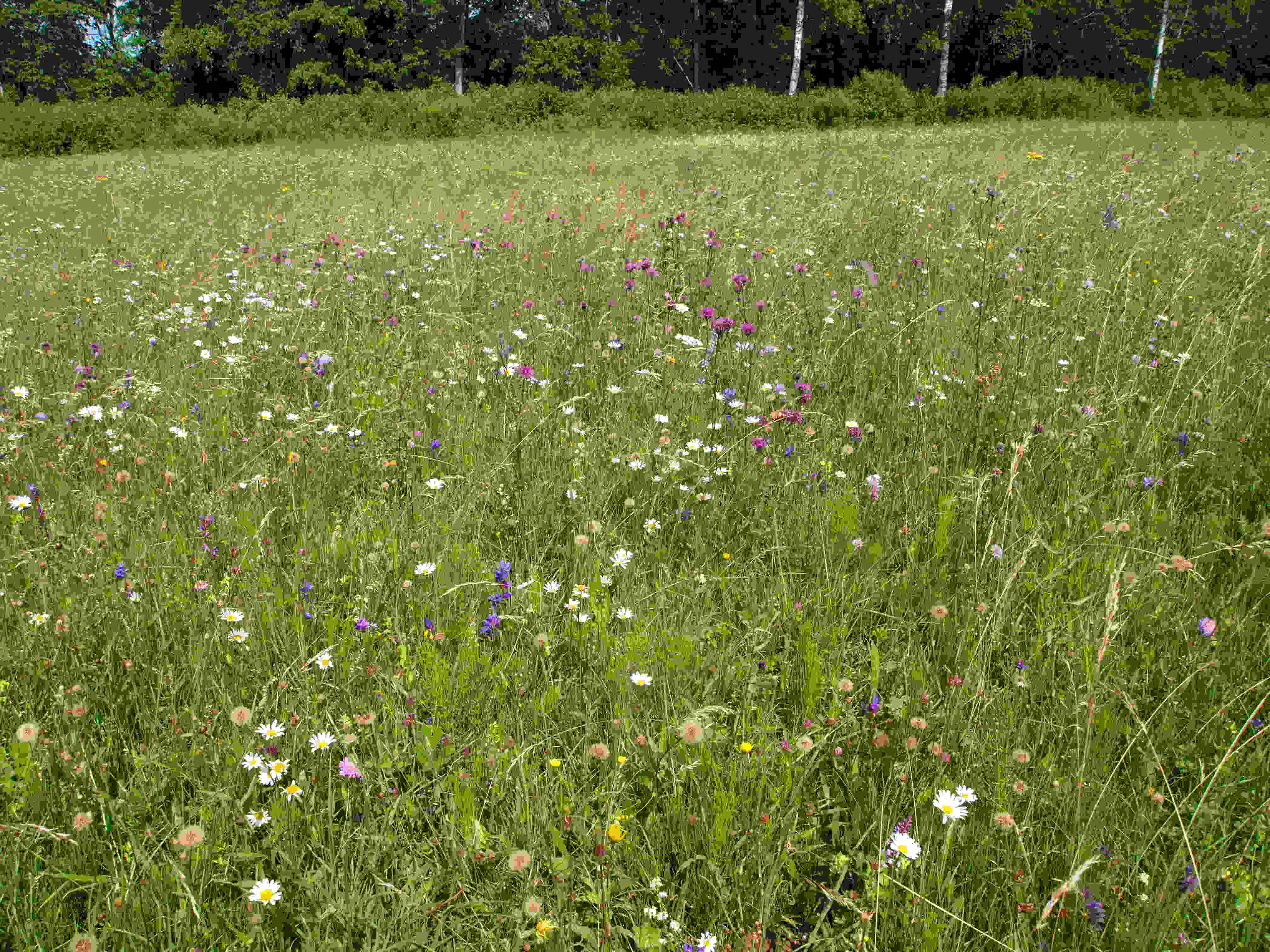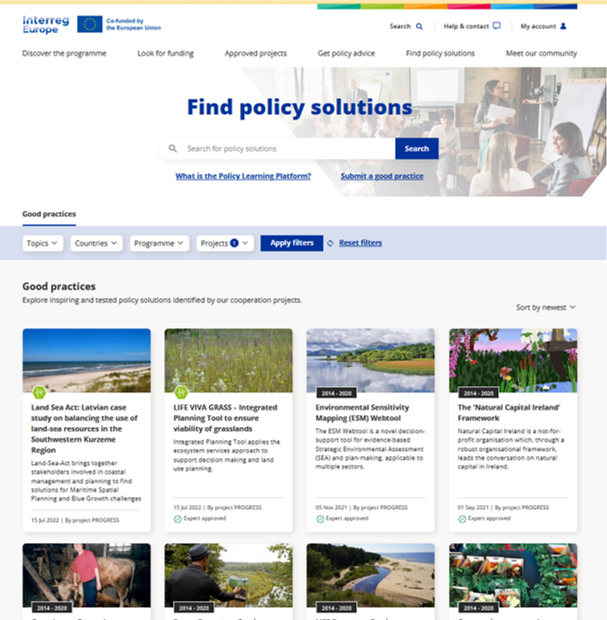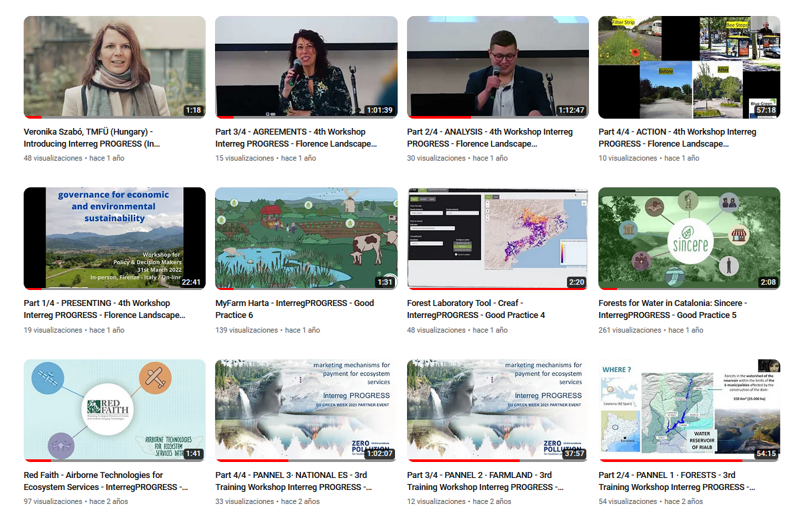UPDATE! - Video recordings and Handbook 4-GPs of this session are now in the Library section.
Governance of Sustainable Landscapes has been the topic of the last and 4th Interregional Training Workshop of Interreg Europe PROGRESS project, held in Florence (Tuscany, Italy). The event has been dual, with over 100 in-person and remote participants and speakers.
How to achieve landscapes in balance with the services of their ecosystems?
This aside has been the central question answered by the 7 speakers 3 presenters and the 4 PROGRESS good practice videos broadcasted during the event.
Marina Lauri (ANCI Toscana) opened, exemplifying how PROGRESS has started a policy debate towards inclusion of the ecosystem services concept in the forthcoming Italian law on mountain areas. The new MyFarm Harta video on community supported agriculture completed the opening.
Analysis, agreements and actions for landscapes and ecosystem services structured the three blocks of the workshop.
Analysing landscapes with transparency
The video introducing the first block of the workshop has been Red Faith, a methodology from Hungary using air borne technologies to improve efficient generation of forest data to be used for decision making.
This was followed by three presentations of analysis tools at different scales, moderated by partner Janis Zvirgzdins, from the Riga Technical University (Latvia). They showed a diversity of digital tools, from local virtual 3-D visualization of forests to guide logging and land use decisions (Markus Korhonen, Forest 2.0, Finland), to regional management approaches in grassland landscapes (Anda Ruskule, VivaGrass, Baltic countries) and a national multi-scale geographical system with common landscape data and comparable information across Ireland. The Irish methodology allows strategic environmental assessment and spatial planning to be opened and accessible to all stakeholders, thus changing the classical paradigm of complex GIS systems limited to expert teams. Evidence-based sensitivity maps, efficiency that saves time and cost, weighted outputs and removal of complex IT barriers “allow to consider the EMS-Environmental Sensitivity Mapping system a game changer, to advance practice by fostering participative, informed, and transparent decisions”, according to Ainhoa González, from the University College Dublin (Ireland).
Reaching agreements at the landscapes
Forests for Water in Catalonia video introduced the second block, a catchment-wide agreement process with a wide array of stakeholders, to create a payment for ecosystem services towards sustainable forest management to generate a quality water cycle in the catchment and reservoir.
This block hosted two presentations on dialogue process towards agreements for more sustainable landscapes, moderated by Anabel Sánchez (CREAF, Catalonia, Spain). First the Italian local food system of Communities for Food and Agro-biodiversity (Massimo Rovai, Università di Pisa, Italy), promoted by policies as public-social agreements between públic authorities, non-profits and local consumers. Secondly, Annelies Broekman, (CREAF) has introduced several experiences on governance for adaptation, around rivers and coastal climate risks, with several papers and methodologies available on line, like the BeWater Project manual.
This block has included a lively discussion between the three and the public on issues like the challenge to preserve ecosystem functioning at the light of transformative change, as non-linearity of processes happening at the local level. There is a need to act differently with institutional structures to allow changes to be incorporated. These demands going over the bottlenecks –Rovai showed a step by step approach to it–, and enlarging the favourable public and show the impacts of environmental risk happen and affect many people. To achieve this scenario, it is necessary to go over the comfort zone, according to Brokerman, and both stakeholders and researchers have to engage with other actors. They need to communicate adequately. Scientific knowledge is just as important as other knowledges and partners have to sit on the table with this in mind.
Acting for landscape sustainability
The workshop has ended with a block facilitated by Enrique Doblas, (CREAF), with two examples from Ireland (Blue Green City project, Bryan Riney, Southern Regional Assembly) and Hungary (The Green Office, Attila Varga, Municipality of Hegyvidék, Budapest).
This block has been framed by a video of one of the most acknowledged good practices of PROGRESS, the All Ireland Pollinator Plan, an extensive island wide approach to restoring good practices on access to flowering plants to reverse the decline of pollinating insects.
The presenters showed their approaches to integral action on nature based solutions in cities. The Small green space Stewardship Program in Hungary appears as an example of urban governance of ecosystem services, worth exploring in more depth.
